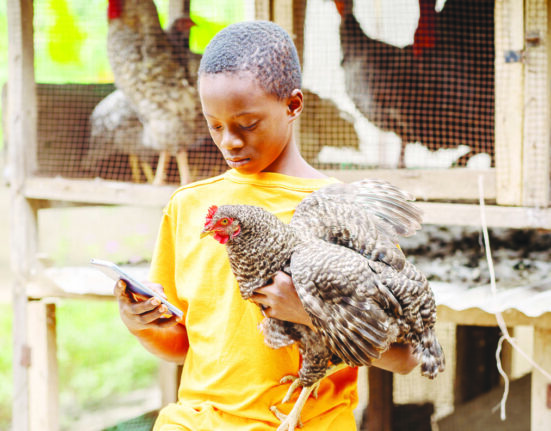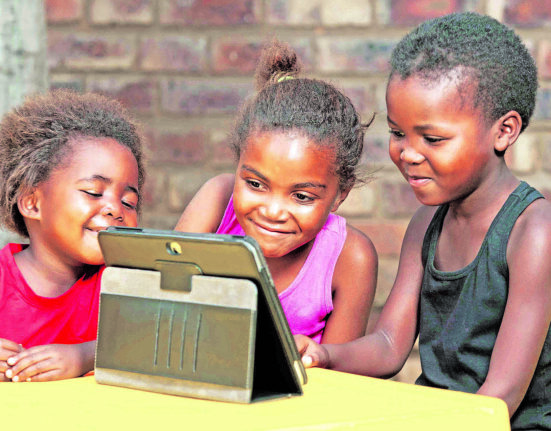By Agnes Nantambi
Makerere University has partnered with the Presidential Initiative on Skilling to integrate Swahili literacy into vocational skilling among youth.
This is under the Makerere University Research and Innovations Fund (MAK-RIF) supported project on integrating Kiswahili literacy in vocational skilling among vulnerable youths, coordinated under the College of Education and External Studies in the Department of Humanities and Language Education.
Speaking during the launch of the project at Makerere University on Monday, the project’s principal investigator, Dr Levi Kahaika Masereka, from the Institute of Open Distance & eLearning, said the project seeks to integrate Kiswahili literacy training skills with selected vocational skills in training institutions within Kampala and Kasese districts and apply student-centred participatory approaches in action learning.
“This project is in line with the Presidential Initiative on Skilling the Boy and Girl Child Project to create jobs for self-sustainability, communal service and contributing to national development,” he said.
The project objective, he said, is to design well instructional electronic and print training manuals to be used in Ugandan vocational training centres and also carry out training that are intended to retool instructors on modern pedagogical skills in selected vocational training centres.

According to Masereka, the project intends to engage vocational learners and instructors in training and marketing their products through the Youth Empowerment Centre (YES), Skilling Uganda and Agape of Hope Female Youth Association, so that multi-pedagogical methods and tools can be used to make sure all learners, instructors and vocational managers in vocational training centres can effectively use Kiswahili.
“We are focusing on learners undertaking haïr dressing, jewelry, fashion design, tailoring, knitting, women’s craft making and basket weaving. We intend to use Electronic and hard-manual training materials to be designed and used for instruction. These manuals shall be shared with both current learners undertaking training and those already working with the medium of instruction being Kiswahili to enhance the language skills,” he explained.

With effective implementation, Masereka said the project will lead to the production of vocational graduands and trainers who can fit in the East African Community to work, market their products and effectively use Kiswahili that is non-discriminative, non-partisan so as to avert unemployment but foster skills development as per modern teaching and learning skills.
Upon successful implementation, Makerere University will have supported the Presidential Initiative on Skilling Youth thus contributing to national development and achievement of SDGs 1, 4 & 17.
The Principal of the College of Education and External Studies, Prof. Anthony Mugagga applauded the Ministry of Education for making Kiswahili a compulsory subject saying this will help it to flourish.
“That’s the only way it will help the language to penetrate the public and with the ghetto children, we are optimistic that many of them will be transformed. Kiswahili is a language of trade, it has fostered trade and commerce in the region and if the youths embrace it, it will spread like fire to other communities and also promote patriotism,” he said.
Mugagga implored parents to communicate with their children in Kiswahili in order to promote integration, saying the university is working out a program on basic Kiswahili for all learners to help people navigate East Africa.

Constance Kembabazi, the administrator of presidential initiative’s Wandegeya centre, said Kiswahili if given priority, can be beneficial to students given that they are taught skills and go out for business.
“They can use it as a business language if given the opportunity,” she said.
Rogers Ssentongo, an instructor at the Wandegeya Centre, said with regional integration, will help market the vocational students and their products.
“We have been having a language barrier but we are hopeful with this Makerere project, it will be a thing of the past,” he said.
Joan Grace a student learning hairdressing at Wandegeya Centre, said Kiswahili will help her bargain with her customers including borders for more opportunities.
“As a student, it will also help me communicate with my other student one on one and will also help me become a good hairdresser who can communicate with my customers properly,” she said.









Leave feedback about this